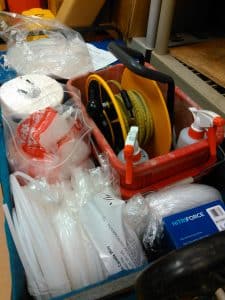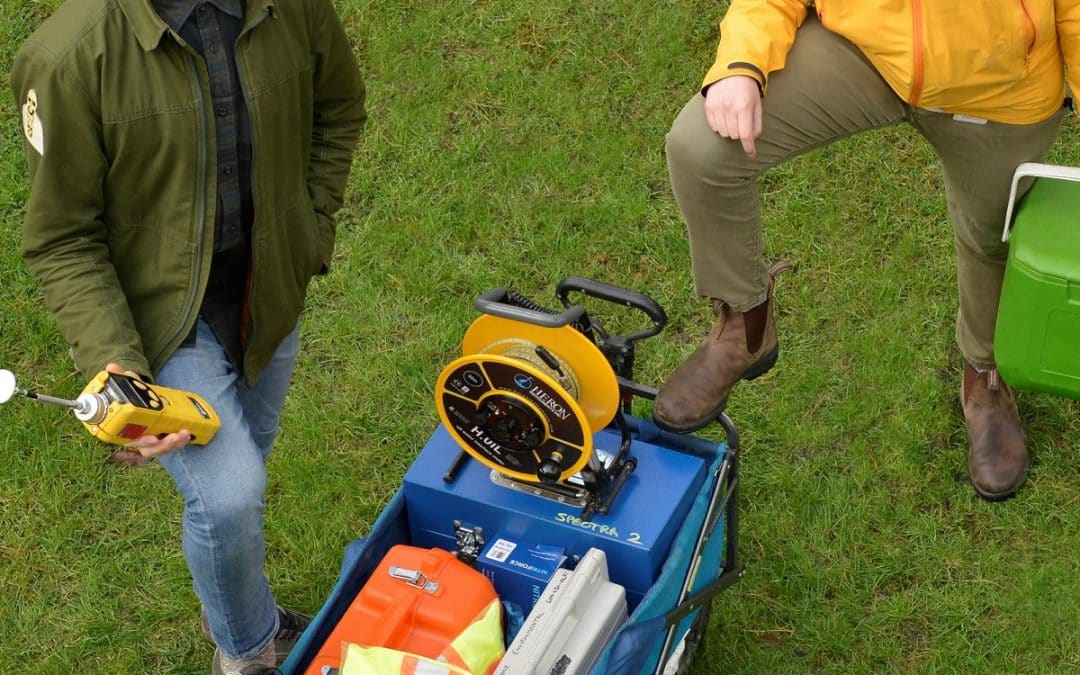Field Equipment Usage & Maintenance is Key in Collecting Accurate Data
The selection, maintenance and safe use of field equipment is essential to collecting accurate data in environmental remediation. In the scientific community there is a saying: “data is only as good as its source.” Collecting accurate data and ensuring its ability to be reproduced serves a critical role in due diligence work, and prevents potentially negative consequences such as human health risks, ecological risks, loss or reduction in client holdings or regulatory fines.
 To ensure that we are collecting accurate data in environmental field work requires proper policies and procedures which Keystone Environmental divides into three steps:
To ensure that we are collecting accurate data in environmental field work requires proper policies and procedures which Keystone Environmental divides into three steps:
- EQUIPMENT SELECTION
Selecting the correct field equipment for the task. An example of this can be seen in low flow groundwater sample collection methodology; parameter measurements such as metals, low solubility organics, polyaromatic hydrocarbons (PAHs), light and heavy extractable petroleum hydrocarbons (LEPH/HEPH) are sensitive to the presence of suspended solids, and therefore selecting equipment with low flow sampling velocities ensures we are collecting accurate data. With a reliable water level meter or oil/water interface meter, the rate of water entering the well casing can be accurately monitored. The pump flow speed can be adjusted to minimize water entrance velocity into the well casing. - EQUIPMENT MAINTENANCE
Maintenance, usually in the form of cleaning and calibration, prevents the potential for cross-contamination, and thereby unrepresentative data. Regularly scheduled cleaning and calibration of our equipment ensures we are collecting accurate data and increases the likelihood of data being reproduced. - MANAGING RISK
Field work programs often contain an element of risk associated with weather, temperature, topography and worker safety. When Keystone Environmental is selecting equipment for a project we need to ensure that it matches the environmental conditions and safety precautions that are outlined in the project. In addition, mismanaged or unmaintained equipment can lead to accidents , ranging from minor cuts and pinches, to hazardous chemical exposure or severe musculoskeletal injuries, which is one of the many reasons all Keystone Environmental staff don appropriate personal protective equipment (PPE) in all field work programs.
Keystone Environmental believes that collecting accurate data is the basis upon which all contaminated site investigation, engineering design and risk management decisions are made.

